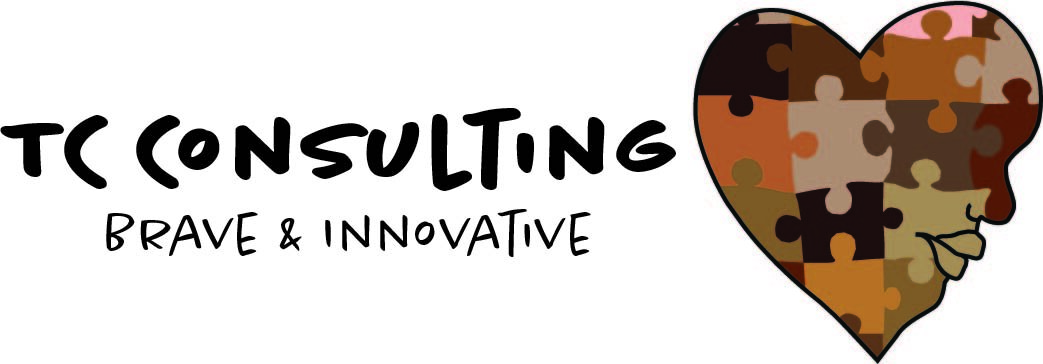Diversity and Inclusion Roles
Diversity is about acknowledging and valuing that each person has something to offer and deserves to be seen, heard, and accepted. Inclusion is about all naming the harm they cause to others, incorporating minoritized communities into the decision-making process, and the powerful and marginalized working together to create equitable systems. In both, we all play various roles depending on the context, one's stake in the issue, and one’s flex of privilege and oppression. The context entails the time, place, community, group norms, and more. The personal stake in an issue regards whether the issue affects one’s family, social identities, someone they know, or a group they care about. Our flex of privilege and oppression involves acknowledgment that we all are a part of a dominant or subordinate group(s) depending on the context that advances or hinders our access to resources and rights. The four roles we can play in diversity and inclusion are the explicit or implicit oppressor, neutral bystander, proactive ally, or social change agent. These roles are not stagnant and they can shift in different situations.
Explicit and Implicit Oppressor
The explicit oppressor openly marginalizes others in words and actions while the implicit oppressor indirectly minimizes others in words and actions. The explicit and implicit oppressor probably has no or very limited self-awareness of what their culture entails, and the perception of this role mainly perceives one truth or reality.
Ways the explicit and implicit oppressor can become more self-aware and inclusive:
Identify what they believe and why
Name how their view and behavior dehumanizes others
Consider why systems of oppression are still in place
Determine what they need to unlearn regarding harmful norms and behaviors
Define what it means for them to create space and support for others
Ponder why diversity and inclusion of others matters and why both are needed today
Neutral Bystander
A neutral bystander is a person who has some awareness of how and why certain behaviors or norms are dehumanizing and makes no moves to foster change. The neutral bystander is a harmful role in diversity and inclusion because the person has some awareness of one’s privilege and systems of oppression that devalues others, yet the individual does nothing. This role may think about doing more, but the unknown and lack of intercultural humility polarizes the person from taking action.
Ways the neutral bystander can become more self-aware and proactive:
Immense themselves in their own and other cultures
Identify what they know about cultural similarities and differences (biases and harmful norms)
Reflect on the significance of diversity and inclusion in our society today
Ponder why silence is dangerous in diversity and inclusion efforts
Determine their why with advocating for diversity and inclusion
Create an action plan for interrupting bias and fostering support for others.
Proactive Ally
A proactive ally is a person who has self-awareness of one’s and other cultures. Additionally, a proactive ally intentionally strives to unlearn harmful norms and behaviors to foster support for minoritized individuals and groups.
Social Change Agent
A social change agent is a person who advocates for one’s self and others to transform systems of oppression to integrate all voices in decision-making.
The importance of the Proactive Ally and Social Change Agent
If you care about diversity and inclusion, the roles you will play are the proactive ally and the social change agent. The proactive ally and the social change agent are roles that have awareness of who they are, why various voices matter, how they can balance learning and supporting others, and what they are willing to do for equity to become a reality. The proactive allies and social change agents will make mistakes and need to reassess their biases as well; however, they embrace the messiness of diversity and inclusion work to navigate it from a growth mindset.
Why the roles we play matter
The roles we play in diversity and inclusion today matters because minoritized communities are learning to fully embrace themselves and not tolerate mistreatment any longer. The reality is some oppressed communities have made strives with increasing accessibility to rights and resources, yet the fight for equity is far from over. Hence, it is imperative for the workplace and higher education to have clear goals and outcomes that maximize diversity and inclusion initiatives.
Reflection and Call to Action
We all have room to grow with unlearning bias and creating space for others. Thus it is vital to ponder, which roles you hope to live out in diversity and inclusion today and tomorrow. Furthermore, we must consider what it means to truly support and advocate for others from multiple sources so we can actualize proactive allyship and social change agency. What can you do today to generate a more inclusive tomorrow?


